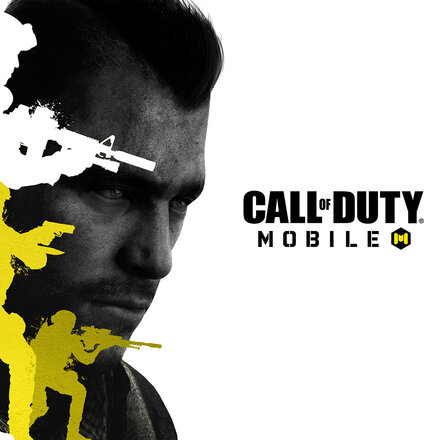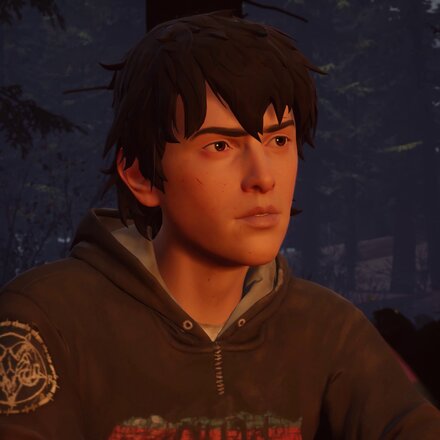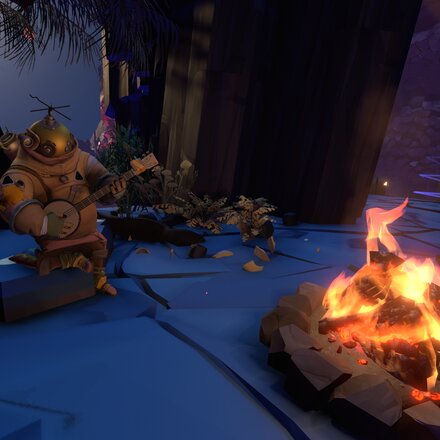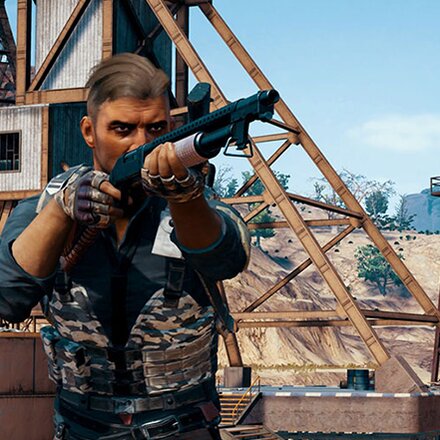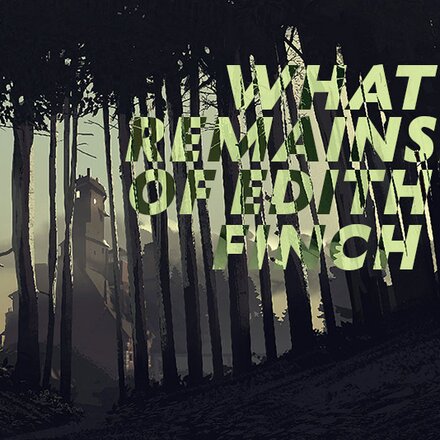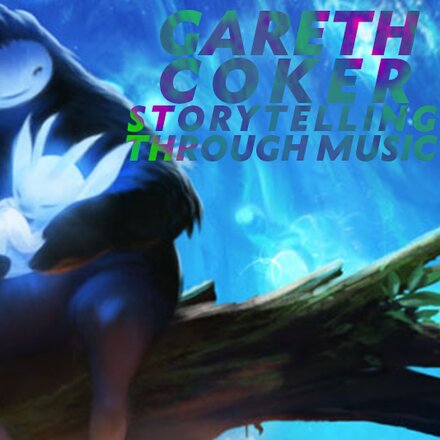Warning message
The subscription service is currently unavailable. Please try again later.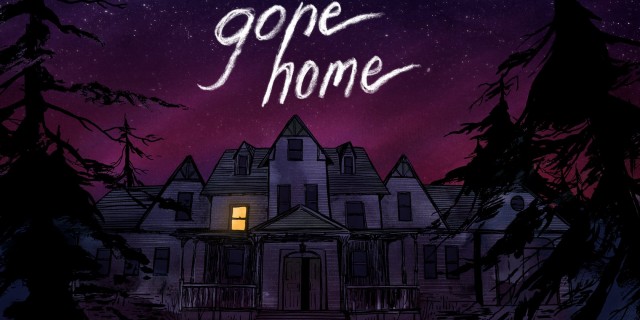
Five Minutes with a Gaming Guru: Steve Gaynor
Steve Gaynor, designer/writer of the BAFTA-winning Gone Home and co-founder of The Fullbright Company, has achieved huge success in the gaming industry. Steve spends five minutes with Guru revealing how he did it…
Published on 9 October 2014
How did you get started in the gaming industry?
I started my career as a tester at Sony outside of San Francisco, and I worked my way up from there, through different companies. I was doing level design stuff in my own time using free level editors that came with the first person shooter F.E.A.R., and I built up a portfolio and started applying to places. I got hired at a company in Texas for my first level design job, and then went from there to 2K Marin, working on BioShock 2 and BioShock Infinite as a level designer. Finally, in 2012, I moved back to the West Coast and started The Fullbright Company with a couple of my former co-workers from 2K Marin.
Did you ever consider a different career?
When I was in high school and college, I did a lot of comics and illustrations, and I got my degree in art. At some point during college I realised that games were the medium that I really cared about. I realised that if I wanted to do something creative as my career, then I would want that to be games. So I shifted my focus and started figuring out how to become a games designer, as opposed to a visual artist.
What motivated you to start up on your own and create The Fullbright Company?
Part of it was about scale. The first game I worked on as a designer was an expansion pack, and it was a very small team. I then worked on BioShock 2, where I was a level designer, and that was a much bigger team. Then I was lucky enough to be given a lead position on the DLC Minerva’s Den for BioShock 2 and that team, once again, was really small - it was just 12 people. Getting to be in charge of something that has so few people working on it and has such a quick turn-around is really inspiring. Suddenly going back to being one of 100+ people working on the BioShock Infinite team was a real contrast. I just knew at that point that I didn’t want to work on projects that big anymore.
Also, my wife and I wanted to get back to Portland. The thing that made that hard was that there isn’t a big established games industry in Portland, so I couldn’t just apply for a level designer job there. So we moved back and decided that we would just figure out how to make it work. I did a little bit of contract work, but I knew that if I wanted to keep making games in Portland then I was going to have to start my own independent games company.
I reached out to Johnnemann and Karla, a couple of people that I’d worked with at 2K Marin, and I said to them...‘If I was going to create an independent studio up here in Portland, would you guys want to start it with me and move up from California?’ Luckily they did, which was great.
There were only four of you on the Gone Home development team, and you all moved in together! How did that come about?
We wanted to make the game just from our own savings, on our own terms, without having to find investors. So…we had to keep costs down, and keep rent down!
We found a house in Portland and lived there together. The office was in the basement. It made the game possible, because our monthly expenses were low, and we didn’t have to commute. If we hadn’t arranged our lives around being able to make the game, then it wouldn’t have been possible. Luckily we were able to.
Where did the idea for Gone Home come from? Was having a character-based narrative an integral part of your vision for the game?
The idea arose from our mutual interests and influences. All of us had worked on Bioshock 2, and we were all fans of Looking Glass games like System Shock and Deus X and Thief. One thing that all of those games have in common is an immersive first person environment - the player gets to explore an atmospheric place, and in a lot of cases, figure out what happened there through environmental storytelling or audio diaries. With the very small team that we were, we had to think about the kind of game like that that we could actually build. Once we had decided that the whole game could be just the exploration of one environment (with no combat or levelling up), all the rest of the specifics fell out of that.
Gone Home is very much more about getting to know the characters as individuals – who they are and why they’ve done what they’ve done - more so than a complex plot with a bunch of twists and turns. It’s not to say that there aren’t any surprising things that happen in the story of Gone Home, but it was always our primary intention for players to understand the people that lived in that environment. I think that’s what’s compelling about it.
What prompted you to enter Gone Home into this year's British Academy Games Awards?
We’ve all worked at offices that have had BAFTAs in them. It’s an incredibly huge honour for any game to receive a BAFTA, because BAFTA is such an institution. After Gone Home had some success, it seemed like it made sense to see if we even had a shot.
How did it feel to win a BAFTA?
Being honoured with an award from BAFTA is more than we could have imagined when we started working on the game. You know…we made this game out of a basement! We weren’t really thinking that we’d be up on stage in tuxedos and evening gowns once the game had come out! We’re incredibly honoured to have won the Best Debut award.
What would you say to someone thinking of entering next year’s British Academy Games Awards?
It’s one of those things that you have to balance. On the one hand, if you can be part of the British Academy Games Awards, it’s really fantastic. The ceremony is just outstanding. If you have that opportunity, I’d encourage people to take it. The other side of it is that you’re on the world stage at that point – there’s a lot of competition! Best case scenario is that you’re nominated, and that’s fantastic, but the British Academy Games Awards are looking at everything that’s out there. So, like we did, cross your fingers and hope that you can make it through!
How has winning a BAFTA helped The Fullbright Company?
Any publicity that you can get is fantastic, and awards and recognition are a part of that. You’re broadening the audience of people that might find out about your game, and it helps to build the overall base of people that are going to care about what you’ve been doing. But there’s also something about a BAFTA that has a sort of legitimising effect.
If someone contacted you at The Fullbright Company, what would impress you and make you consider giving them work experience?
Practically speaking, we’re a very small company, so we’re all stocked up at this point! That said, for me, it’s seeing the work, seeing something playable. It’s not a bad thing to have a degree, or to have industry experience, but I’m going to be looking a lot more at your portfolio.
If you want to get your foot in the door as an entry level programmer, then you need to program some games that people can play. Having a level design portfolio of playable levels, that you’ve actually taken the time to build, is very valuable. If you’re a game artist, then the best thing for you to do is to find designers and programmers to work with, so that you can see how your work works interactively on screen, as opposed to having just a show reel of animations in isolation.
What three skills do you think people in the games industry need to have?
First and foremost, find what aspect of game development you can be most effective at, and focus on being the best that you can at that discipline – whether that’s programming, 3D art, level design or sound design. Taking it seriously and being rigorous about it is incredibly important.
Secondly, learn strong communication skills. Learn how to be collaborative, how to take criticism, how to give people critique and how to be responsive when people need your input on something. You can put your headphones on and be good at your job, but making a game is almost always about being part of a team. You can make a game on your own, but you’ll still have to communicate with your audience or journalists, or with other game developers that are going to help get the word out. It doesn’t come naturally to everybody, but you need to get to a point where you can communicate with people in a productive way.
Thirdly, if you want to get your games out in front of people, and especially if you want to make a living out of them, you need to understand how to promote what you’re doing. If you make something great and nobody cares about it, then you’ll find it harder to motivate yourself when it comes to the next game.
What one piece of advice would you give to your younger self?
Good advice is hard to take when you need it, but try not to take things too seriously. Try to be aware of when you’re stressing yourself out over things that you have no control over – you’ll only make yourself feel worse and you won’t make the actual situation any better.
What’s next for The Fullbright Company?
We are continuing forward as just Fullbright, so we’ve rebranded as far as that goes. We’re also in the early days of working on the next game. We don’t have anything to say about it yet, but we’ve got some office space…that’s not in anybody’s basement! We’re just taking the first steps towards making another game, so exciting times for us.

